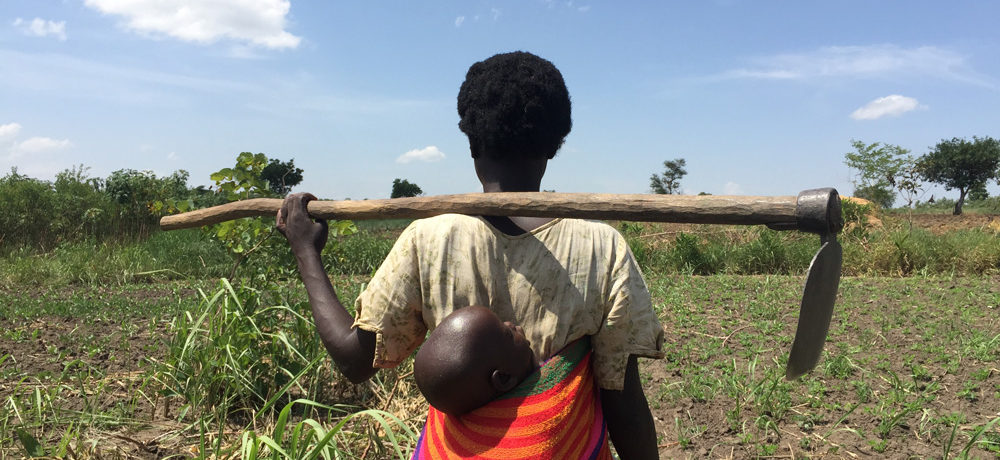GlobeLife and SweDev’s seminar on the consequences of the cuts in research funding for global development.
Register here to participate.
Speakers
- Katarina Bjelke, Director-General of the Swedish Science Council (Vetenskapsrådet)
- Martin Hellström, Principal of Mälardalens University
- Per-Ola Mattsson, Director, Department of International Development Cooperation, Ministry for Foreign Affairs
- Raymond Ndikumana, Deputy Vice Chancellor for Strategic Planning and Administration, University of Rwanda
- Ingrid Petersson, Special investigator for the State Inquiry into the Organization for Government Research Funding
- Stefan Swartling Peterson, Professor at Karolinska Institutet
- Olle Thorell, Member of Parliament (Social Democratic Party)
Agenda
- 14.00-15.15 Consequences and the current situation – panel discussion and presentation
- 15.30-16.30 Solutions and the way forward – audience discussion
Background
The heavy reductions in funding over the last 15 months puts research for global development in a new funding landscape. Consequences of the reductions are becoming increasingly visible. The question is – where do we go from here?
In June 2023 the Swedish government decided to cut the earmarked funding for collaborative research in LMICs, commonly referred to as development research (U-forsk). This was done a few months into the review process of grant applications that had been submitted for the U-forsk funding call that year. The cut in funding has been heavily criticised, and the research community, Universities, Government agencies and funders have responded in different ways.
The withdrawal of U-forsk was only one of several cuts in funding of research for global development. In 2023 Sida’s research budget for the coming years was reduced by over 50 percent, heavily affecting Swedish research cooperation with developing countries and international organizations such as the World Health Organization.
